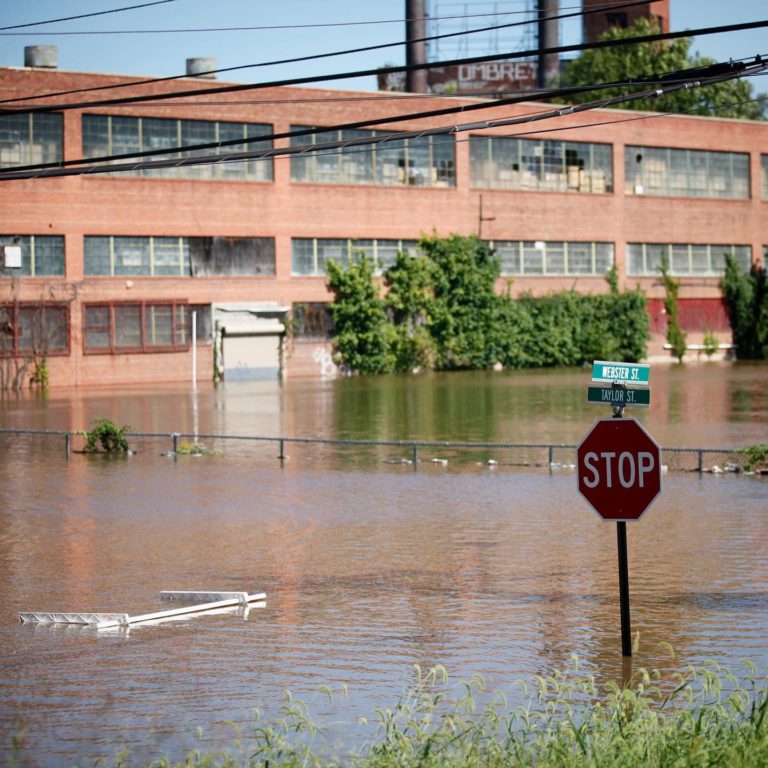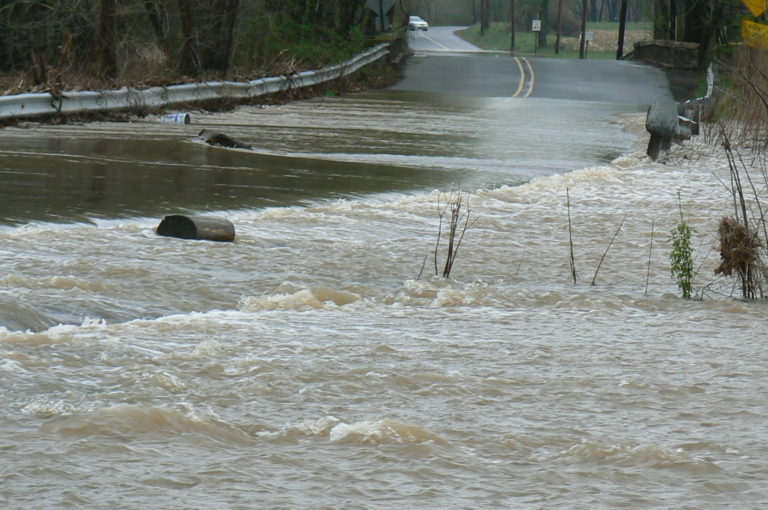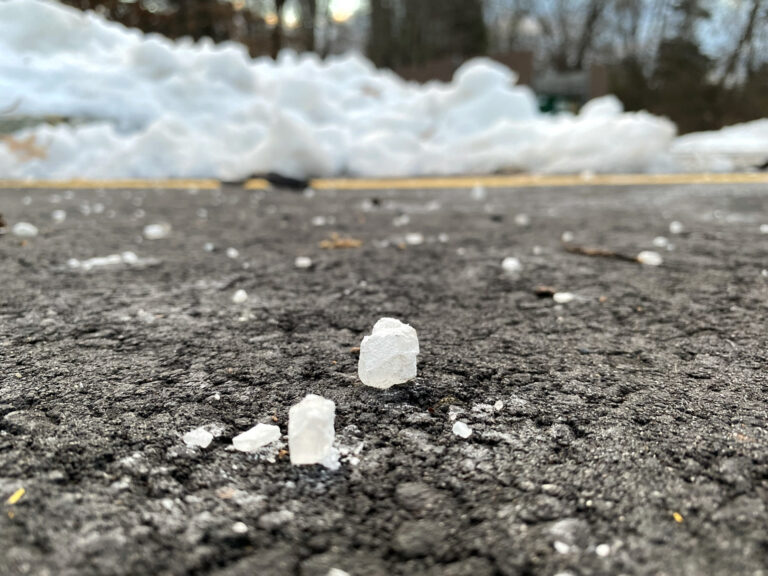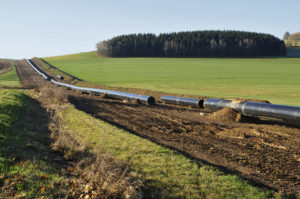 The Watershed Institute finds deeply troubling today’s ruling by the U.S. Supreme Court that allows the PennEast Pipeline Company to condemn more than 42 properties along the route of its proposed fossil gas pipeline. The non-profit organization vowed to continue its seven-year battle against the unneeded and harmful project.
The Watershed Institute finds deeply troubling today’s ruling by the U.S. Supreme Court that allows the PennEast Pipeline Company to condemn more than 42 properties along the route of its proposed fossil gas pipeline. The non-profit organization vowed to continue its seven-year battle against the unneeded and harmful project.
The Supreme Court’s decision overturns the Third Circuit Court of Appeal’s earlier ruling in September 2019 that PennEast, as a private company, lacked the legal authority to seize state-owned lands without the state’s consent.The justices, voting 5-4, said New Jersey wasn’t protected by sovereign immunity given the 2018 approval by the Federal Energy Regulatory Commission (FERC) for the PennEast project.
“We are extremely disappointed by the Supreme Court’s decision to overturn the Third Circuit Court’s ruling,” said Jim Waltman, The Watershed Institute’s Executive Director. “Our fight against PennEast is far from over, however, and the proposed pipeline project still faces many legal and regulatory obstacles.”
The court ruled only on the narrow issue of whether PennEast can seize state lands, not the merits of the project. In order to construct the project, PennEast would still have to prevail in a separate case in the D.C. Circuit of the U.S. Court of Appeals and secure permits from the U.S. Army Corps of Engineers, the Delaware River Basin Commission and the New Jersey Department of Environmental Protection (NJDEP).
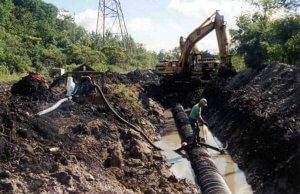 In order to build the proposed $1 billion, 116-mile pipeline from northeastern Pennsylvania to Mercer County, New Jersey, PennEast filed suit in federal court to condemn 131 properties in New Jersey. The state owns the fee simple title or holds easements for recreational, conservation or agricultural use of the 42 properties in question, which were ostensibly preserved by the State of New Jersey and its conservation partners for the benefit of future generations, with taxpayer dollars.
In order to build the proposed $1 billion, 116-mile pipeline from northeastern Pennsylvania to Mercer County, New Jersey, PennEast filed suit in federal court to condemn 131 properties in New Jersey. The state owns the fee simple title or holds easements for recreational, conservation or agricultural use of the 42 properties in question, which were ostensibly preserved by the State of New Jersey and its conservation partners for the benefit of future generations, with taxpayer dollars.
New Jersey contested PennEast’s use of eminent domain over the state lands, arguing that the 11th Amendment to the U.S. Constitution precludes private parties from suing states in federal court. The Third Circuit agreed with that argument and ruled in New Jersey’s favor in 2019.
The State of New Jersey, counties, municipalities and non-profit organizations have spent billions of dollars over the past several decades to preserve farmland, wildlife habitat, recreational lands, and areas important for water supply and watershed protection. These lands were supposed to be legally protected from further development.
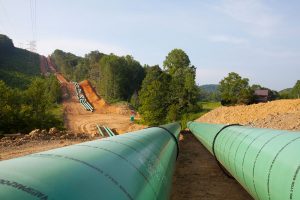 In addition to undermining protections for the conserved lands in question, the proposed PennEast fossil pipeline would also rip through some of New Jersey’s most pristine streams, including 31 designated by NJDEP as “Category One” waterbodies due to their outstanding ecological values.
In addition to undermining protections for the conserved lands in question, the proposed PennEast fossil pipeline would also rip through some of New Jersey’s most pristine streams, including 31 designated by NJDEP as “Category One” waterbodies due to their outstanding ecological values.
The Watershed Institute believes that our future energy needs would be better met through greater investment in renewable energy sources, not an additional expansion of fossil fuel projects that contribute to climate change.


